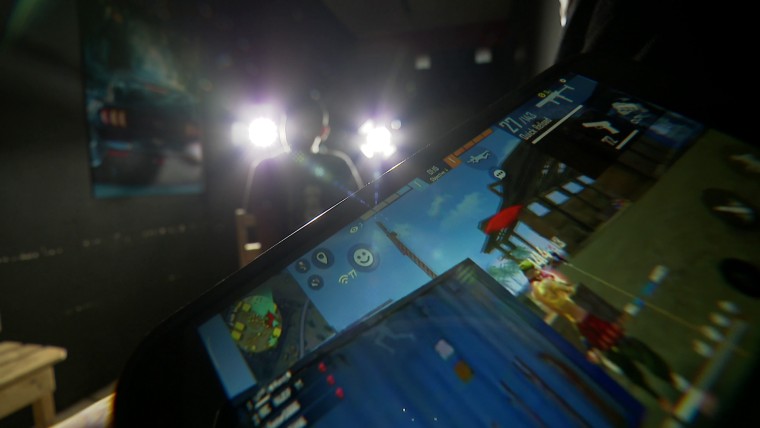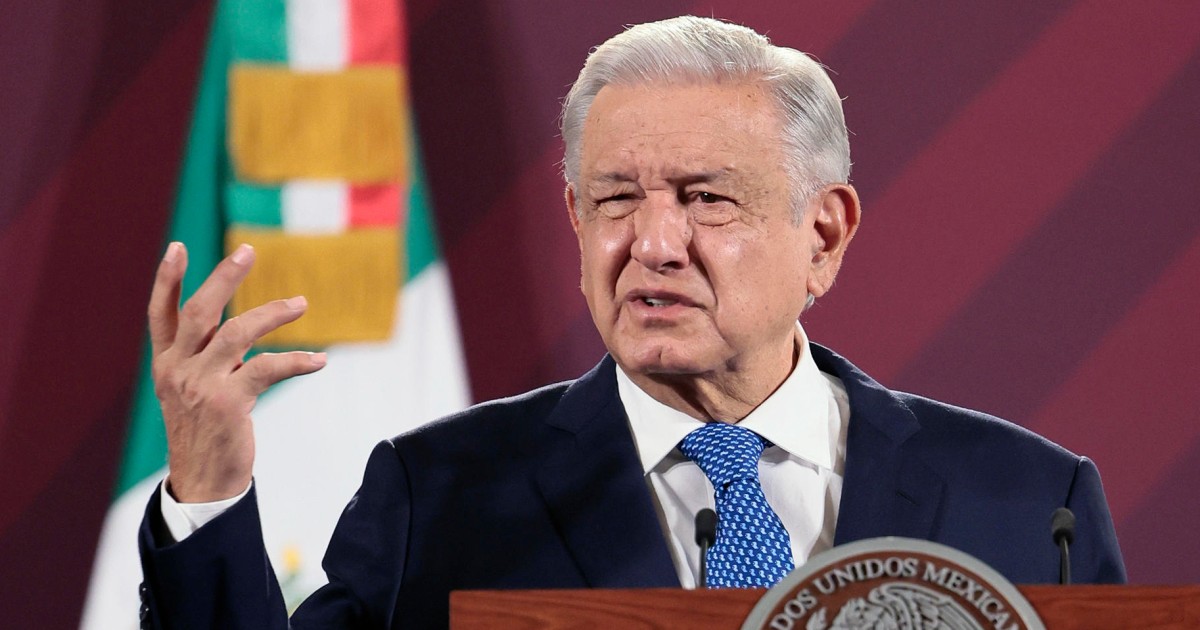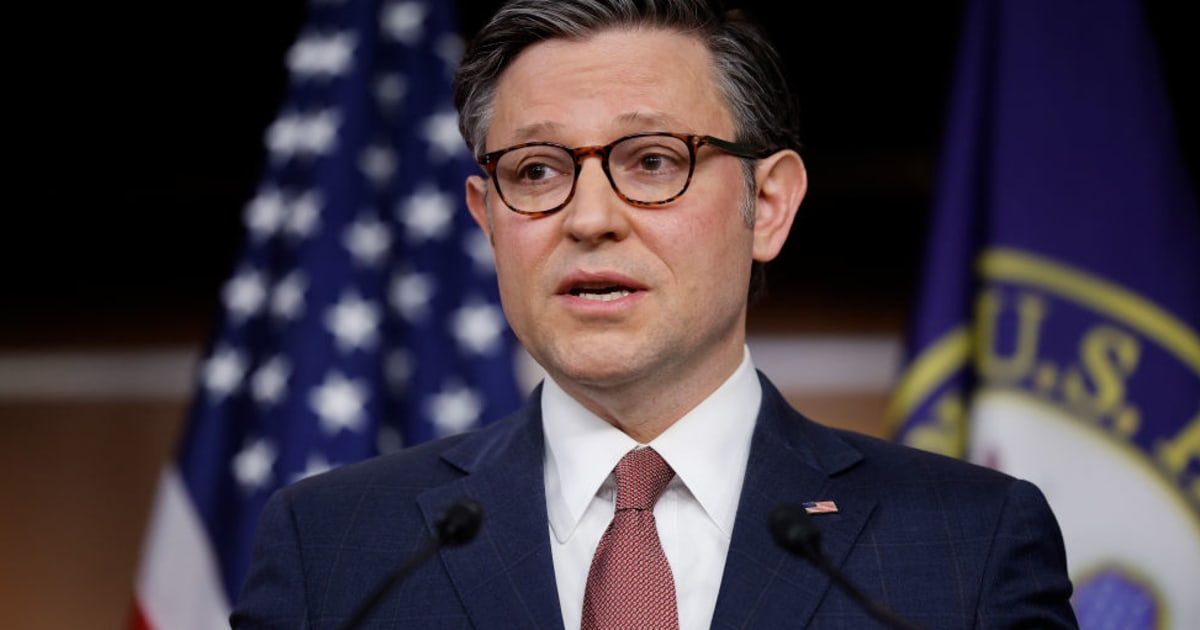Oaxaca, MEXICO.- When Ernesto learned that he had been recruited by the Northeast Cartel, all the violent images he saw daily on his cell phone when he played
Free Fire
came to mind : AK-47 assault rifles, grenades, missile launchers, blood and executions.
At that moment he imagined that the virtual world of online games was about to become a reality and he would be the protagonist.
Ernesto is a 13-year-old teenager from a community in the state of Oaxaca and, since he was 10 years old, he played
Free Fire
every day , a game that consists of looking for weapons on an island to kill the rest of the opponents.
Up to 50 people can play online.
He almost always played in the afternoon connected with classmates from school, but also with players from other states and countries whom he only knew by their username and the messages they exchanged, according to his account.
“I imagined myself dead, riddled with bullets”
In 2021, Ernesto and two of his friends began to interact in the video game with 'Moreno', a user whom they did not know.
"I never saw his face," says Ernesto.
They would later learn that he belonged to the Northeast Cartel, a spinoff from the Zetas Cartel, well known for their drug trafficking, kidnapping, human trafficking, and extortion activities, among other crimes.
'Moreno' began to gain their trust: they organized themselves to connect at the same time and play and, in a matter of weeks, they began to communicate outside the game, via WhatsApp.
He offered the three adolescents, who were between 11 and 14 years old, a tempting job offer: to move from Oaxaca to Monterrey where they would earn 8,000 pesos fortnightly, about 400 dollars.
After being a 'hawk' for the Northeast Cartel, Ernesto would be trained to be a hit man. Erick Durán-Noticias Telemundo Investigates.
There they would work as 'halcones', as those who notify the cartel bosses of the presence of the police or the army are called.
They were going to give them tactical equipment, binoculars, radios and telephones to better perform their new job, Ernesto remembers what they were told.
"I thought Los Zetas were going to kill me." This is the map of the cartels that kidnap migrants in Mexico
'Moreno' assured them that, if their work was efficient, they would go on to sell drugs and, later, they would turn them into hit men and earn much more money.
“He told us that they were going to put us like a tree or a small mountain to see how many police or military officers were going there.
We were going to count how many went inside.
They told me that after I was a falcon they would promote me and when I was ready they would teach me how to shoot,” says Ernesto.
They told me that after I was a falcon they would promote me and when I was ready they would teach me how to shoot"
ernesto MINOR RECRUITED
The three accepted and decided to move from their community to the city of Oaxaca to meet with a woman following the instructions of 'Moreno'.
The woman took them to the bus station to buy their tickets to Mexico City and later to Monterrey, in Nuevo León.
[Dozens of young people are forcibly recruited by criminal groups in Mexico]
The woman warned them that they could no longer repent and to prevent them from escaping, while the time for the bus to leave arrived, she transferred them to a safe house located on the outskirts of Oaxaca.
Ernesto remembers how at that moment he trembled with fear and regretted having decided to go to Monterrey: “They told us that we were never going to return to our homes again.
I imagined dead, riddled with bullets and that I would never see my parents again.”
In addition to Nuevo León, the Northeast Cartel is present in other states such as Tamaulipas, Coahuila, San Luis Potosí, Morelos and Quintana Roo, according to the Mexican government's security cabinet.
During the game 'Free Fire' high power weapons such as rifles, shotguns and machine guns are used.
Erick Durán-Noticias Telemundo Investigates
“I felt like I was losing my son forever”
On October 9, 2021, when Alicia, Ernesto's mother, realized that he had disappeared, she went to report him to the police, but the investigators told her that they had to wait at least 72 hours to find out if her son had been kidnapped or he had just run away from home like many teenagers do.
Alicia decided to start the search on her own.
With the help of other family members, they organized to locate the three missing teenagers.
“If we had waited, my son would have already been in Monterrey working for the cartel with no chance of rescuing him.
We would never have heard from him again.
It was like a bucket of cold water because I felt that I was losing my son forever, ”says Alicia, who prefers not to give her last name.
Alicia, Ernesto's mother, during the interview. Erick Durán Telemundo-Noticias Telemundo Investiga
He phoned him dozens of times.
In one of the calls, Ernesto answered the phone but only told him: "They take me to work, I'm fine, but they won't let me come back."
Then the phone went dead.
Ernesto's parents reported the situation to the parents of his classmates.
One of the guys gave the notice: Ernesto was connected to
Free Fire.
“At that moment we realized that my son's phone was turned on again, we tracked their location and saw where they were and notified the police.
It was practically a miracle for us”, explains Alicia.
We tracked their location and saw where they were."
ALICIA MOTHER OF ERNESTO
The police mounted an operation in the safe house where they had the three kidnapped teenagers and rescued them safe and sound.
Only the woman, identified as 'Miriam N', was arrested, according to the Oaxaca Prosecutor's Office, which took charge of this case that is still open.
Investigative police tried to track "Moreno" through
Free Fire
, but were unsuccessful: the profile no longer exists.
Regarding these types of cases, the Oaxaca Cyber Police warns that recruiters disappear once they achieve their goal or are discovered, so the prosecution of this crime is complicated.
In the last year alone, at least thirty more cases of attempted recruitment through video games have been registered in that state, although that figure could fall short, according to the Cyber Police.
Mauricio Valdez, director of the Oaxaca Cyber Police warns that hooked adolescents do not report for fear of being scolded by their parents.
Erick Durán-Noticias Telemundo Investigates.
"We have identified a situation that is worrying us that girls, boys and adolescents are not denouncing these behaviors that are manifesting for fear of being scolded by their parents, of being exposed within society and being singled out," said Mauricio Valdez , director of the Cyber Police in Oaxaca, to Noticias Telemundo Investiga.
Code Words: N4rc0, c4r3l, zic4ri0s
After the rescue of Ernesto and his two friends, the Mexican Secretary of Security and Citizen Protection presented the case of the three boys, without giving their names or specific details, to warn that organized crime groups had begun to recruit minors as hawks. or drug dealers through different video games like
Free Fire
and other similar ones.
The criminals' way of acting is based on appearing to be a young person who sends them private invitations, preferably at dawn or when there is no adequate supervision by the parents.
As these video games are downloaded, frequently on cell phones, it is more difficult for parents to realize what their children are doing, as warned by the Secretary of Security.
Dozens of young people are forcibly recruited by criminal groups in Mexico
Nov. 12, 202001:45
From there, the process of contact, communication, persuasion and, finally, recruitment begins, as happened to Ernesto.
Recruiters know that those who participate in these video games do so because they feel identified by handling weapons and violence, so it is easier to convince them.
The Government of Mexico pointed out that they do not use direct words such as 'narco', 'cartel' or 'hit man', because sometimes video games have filters that detect them.
that's why they resort to the combination of numbers and letters like 'n4arc0', 'c4rt3l' or 'zic4ri0s'.
Through online video games, you can interact with players from anywhere in the world, without knowing them.
Erick Durán-Noticias Telemundo Investigates
In 2020, the number of gamers in Mexico (a country of 126 million inhabitants) reached more than 72 million, an increase of 5.5 percent compared to 2019, according to The Competitive Intelligence Unit, a statistical agency.
'Garena', the developer of
Free Fire
, described as “deplorable that individuals seek to use the platform as a decoy to attract players and carry out illegal activities on other sites.
These individuals have no place in our community,” they said in a statement to Noticias Telemundo Investiga.
"We will continue to take strong action and remain committed to cooperating with the appropriate authorities and our community to strengthen user safety," they added.
A spokesperson told Noticias Telemundo Investiga that, when they detect inappropriate behavior, they block the user's accounts or IP.
[El Sicario reveals how he recruits and trains the Jalisco New Generation Cartel. A podcast from Noticias Telemundo Investiga]
"All my friends at school have this game on their phone, because it's fashionable because you can play it anywhere, you don't need to be at home," says Ernesto.
After the recruitment attempt of which he was a victim, Ernesto admits that the offer made by "Moreno", the apparent recruiter, was very tempting and he never analyzed the risk that going to work with the Northeast Cartel would bring.
“He would be dead, surely.
Here in the community we hear that men and women constantly disappear, surely he would have been one of them or he would already be dead”, he says.
And he assures that all his friends continue to use this type of video game, regardless of what happened to him.
Ernesto and 2 other minors between 12 and 14 years old, would receive 400 dollars every two weeks, according to the promise of the Northeast Cartel. Erick Durán-Noticias Telemundo Investigates.
10 tips for parents of teens who play online
After announcing this case, the Secretary of Security and Citizen Protection, a Decalogue of recommendations to avoid risks for adolescent users of online games:
1.- Do not play or chat with strangers.
2.- Establish game schedules.
3.- Do not use personal email accounts.
4.- Do not provide personal, telephone or bank data.
5.- Do not use microphone or camera.
6.- Do not share location.
7.- Report aggressive or suspicious accounts.
8.- Maintain security settings for children on devices, known as parental control.
9.- In the case of minors, they must play under the supervision of adults.
10.- If behaviors of harassment, violence or threats against minors are detected, they must be reported to the authorities.
If you know of a similar case that you want to publicize, you can contact the author of this report at aldo.meza@nbcuni.com















